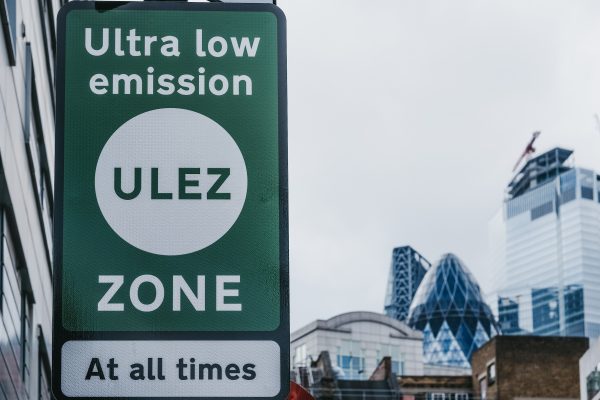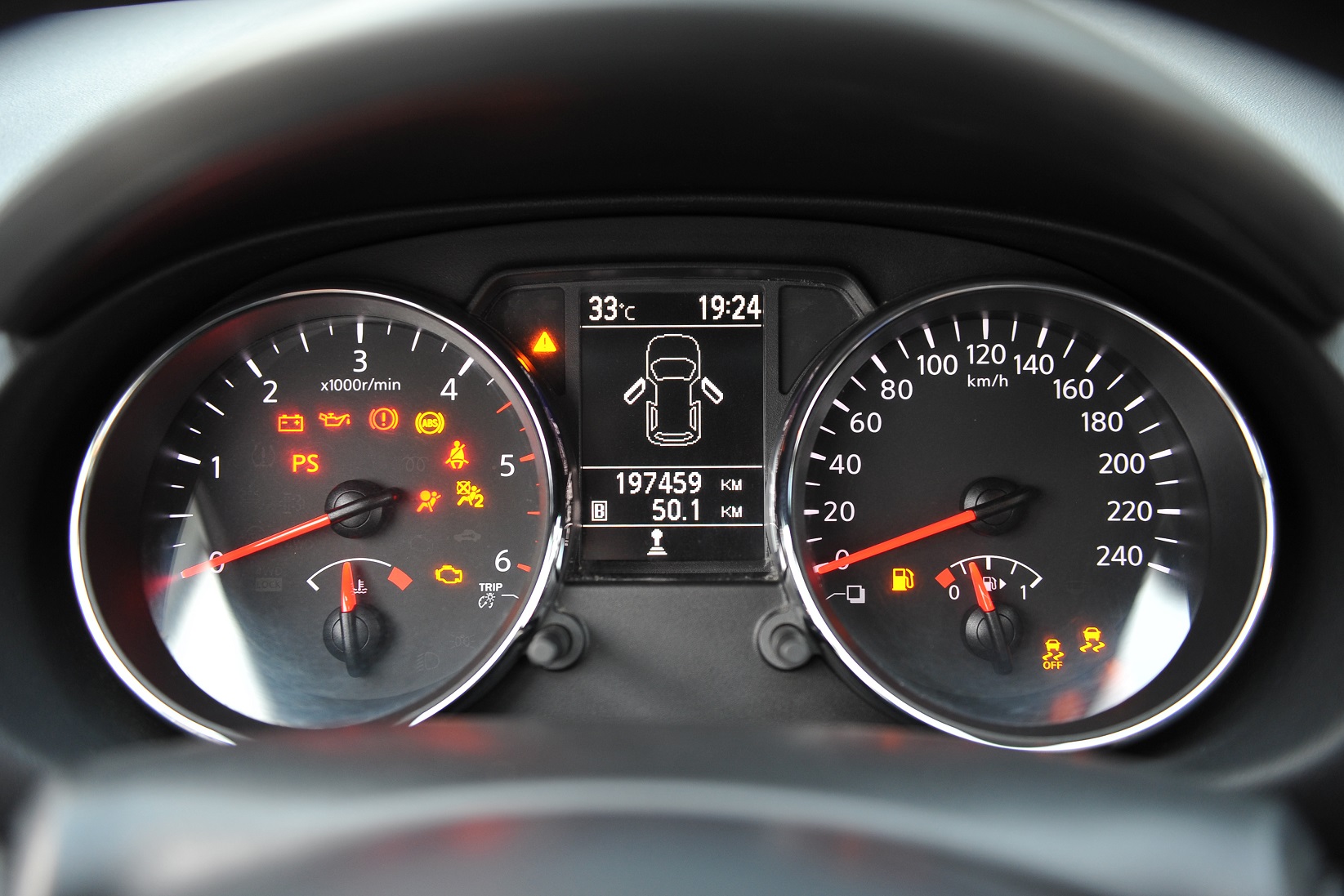Author: Dennis Chapman
Published: April 27, 2009
Reading time: 1 minute
This article is 16 years old.
Read our disclaimer keyboard_arrow_down
This website content is intended as a general guide to law as it applies to the motor trade. Lawgistics has taken every effort to ensure that the contents are as accurate and up to date as at the date of first publication.
The laws and opinions expressed within this website may be varied as the law develops. As such we cannot accept liability for or the consequence of, any change of law, or official guidelines since publication or any misuse of the information provided.
The opinions in this website are based upon the experience of the authors and it must be recognised that only the courts and recognised tribunals can interpret the law with authority.
Examples given within the website are based on the experience of the authors and centre upon issues that commonly give rise to disputes. Each situation in practice will be different and may comprise several points commented upon.
If you have any doubt about the correct legal position you should seek further legal advice from Lawgistics or a suitably qualified solicitor. We cannot accept liability for your failure to take professional advice where it should reasonably be sought by a prudent person.
All characters are fictitious and should not be taken as referring to any person living or dead.
Use of this website shall be considered acceptance of the terms of the disclaimer presented above.
Gloucester Trading Standards followed up a complaint against a business called Landranger 4×4 which supplied a Land Rover type vehicle to a customer which had been converted into a ‘Bobtail’ type off road vehicle with roll cage and oversize tyres.
The business made a number of statements in marketing literature including
- the vehicle could be used for everyday road use and ‘serious’ off road use
- the roll cage had received approval by the Motor Sports Association and was made from BS1387 steel
- after conversion the vehicle did not require any formal examination (eg SVA) and therefore could be used on the highway and be insured
After purchase the customer arranged for an examination by an automotive engineer and over 90 faults were reported, many safety related.
At the trial the two partners of the business were sentenced to 150 hours unpaid community work and ordered to pay £10000 costs. The vehicle was forfeited by the Trading Standards who proceeded to arrange for the vehicle to be crushed by a local salvage company.









